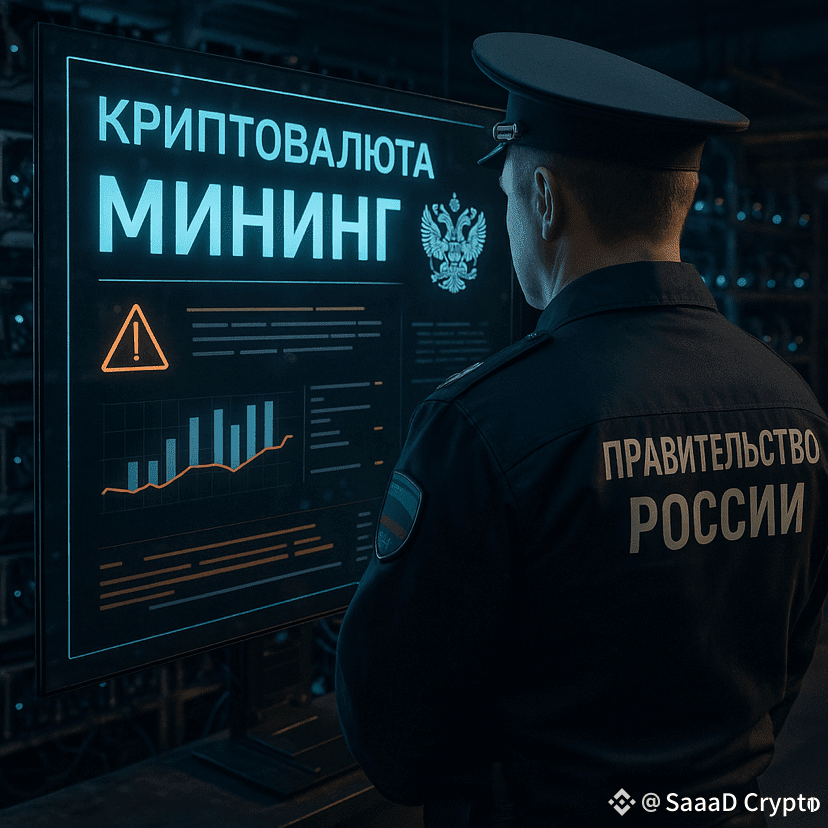The Russian government is tightening its grip on cryptocurrency mining with sweeping new regulations aimed at curbing illegal activity, reducing energy strain, and boosting control.
Following a cabinet meeting led by Deputy Prime Minister Alexander Novak, the Ministry of Energy has been tasked with finalizing a framework that targets unauthorized mining operations and unregistered consumption.
Key Measures Being Introduced:
• Remote Power Disconnection: Authorities will gain the ability to remotely cut off mining farms during peak electricity demand or energy shortages.
• Harsher Penalties: Violators of mining bans, illegal grid connections, and electricity theft will face increased legal and financial consequences.
• Low-Priority Power Status: Miners will be classified in a new “fourth-tier consumer” category, meaning reduced supply reliability.
• Redistribution of Power: Energy saved from curbing mining will be rerouted to socially critical infrastructure like hospitals and schools.
President Vladimir Putin acknowledged the unintended consequences of mining growth at a recent economic forum:
“We had surpluses in some regions… then they began mining. We had to act.”
Additional Proposals Underway:
• Mandatory Registration: Mining equipment imports may soon require labeling and certification, with plans for a national device register.
• Tax Surveillance: The Federal Tax Service, Energy Ministry, and Ministry of Digital Development are collaborating to identify miners based on electricity usage.
• Partial Bans Already Active: Over a dozen regions — including parts of Siberia, North Caucasus, and occupied Ukraine — are under partial or full mining bans, some extended to six-year prohibitions.
Although cryptocurrency mining was legalized in 2024, fewer than one-third of commercial miners have registered with the tax authorities. While amateur miners under 6,000 kWh/month are currently exempt, enforcement is increasing.
In June, Rosseti, Russia’s main grid operator, announced a partnership with telecom companies to track illegal mining using internet traffic data.
Outlook:
Russia’s evolving stance reflects a global trend toward tighter regulation of crypto mining, especially in energy-stressed economies. The new framework is expected to be finalized and begin rollout by the end of Q3 2025.


